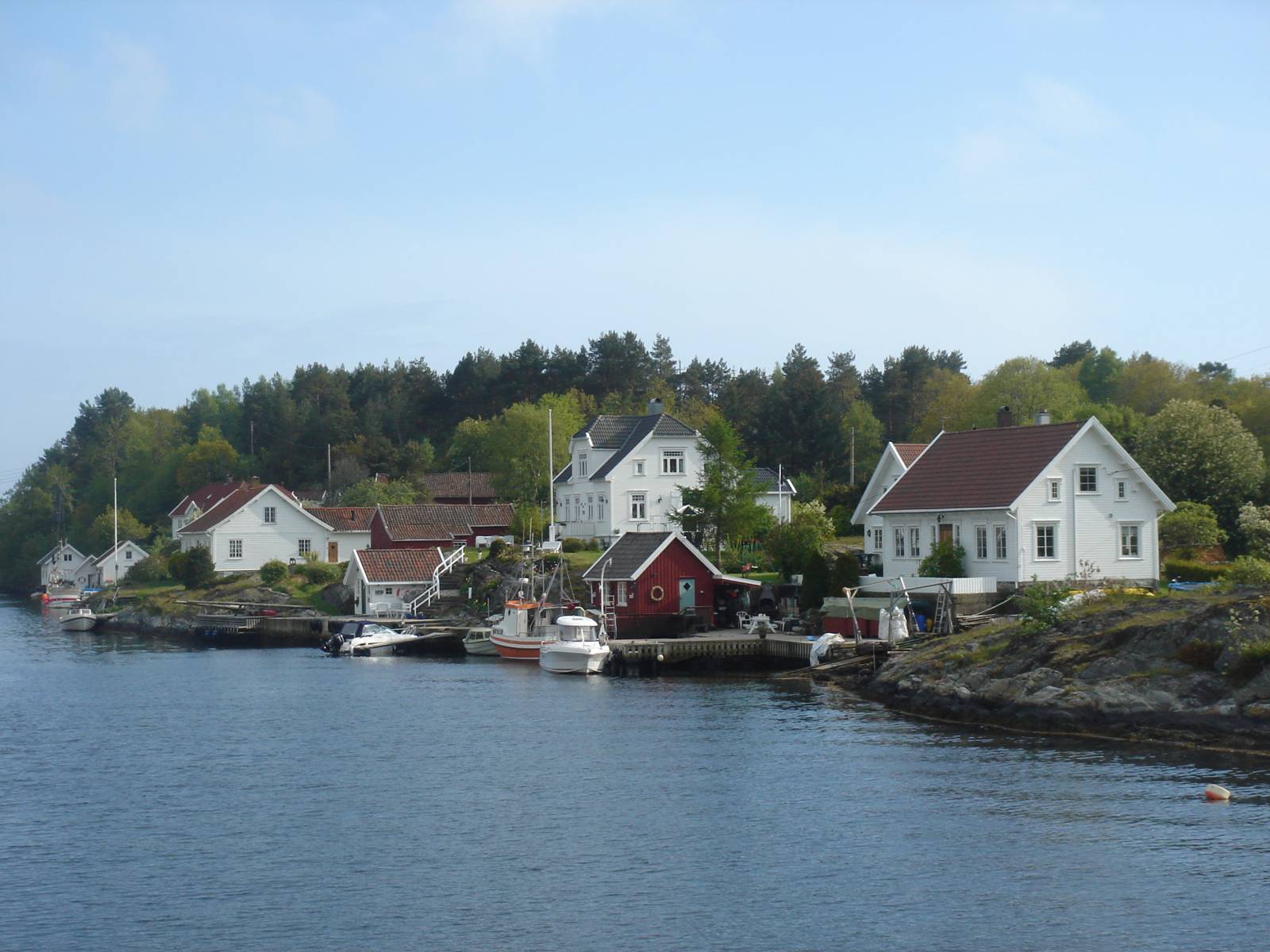This struggle is accompanied with a gloomy perspective for the job market. This concerns the quality and variety as well as the quantity of jobs that can be offered, and consequently implies that skilled labour increasingly moves to the main urban centres. These disparities between the centre and more peripheral regions challenge social and political structures.
The main urban areas, thus, offer the best structural preconditions for further growth in the modern economy. However, after taking the structural preconditions into account, a large share of regional growth differences remains unexplained: ‘Stubbornly high – and often growing – residuals in growth regressions have encouraged many scholars to look for additional factors that impinge on economic development and growth’ (Rodríguez-Pose 2013: 1036). This triggers the fundamental and overarching research question of this project: Why do some regions grow more (or less) than others with similar structural preconditions? We know surprisingly little about this essential question
The specific objectives of the project are: (a) To identify regions that in certain periods of time show exceptional high or low regional growth after considering structural preconditions; (b) To explain exceptional high or low growth in certain regions and time periods by focusing on the role of actors, networks, and institutions at multiple spatial scales (regional, national, global); and (c) To develop a context-sensitive model of regional economic growth that accounts explicitly for the regional heterogeneity and time dynamics
- Funding: Länförsäkningar, Sweden
- Partners: Lund University, Sweden; University of Tampere, Finland; University of Stavanger and BI Norwegian Business School, Norway

